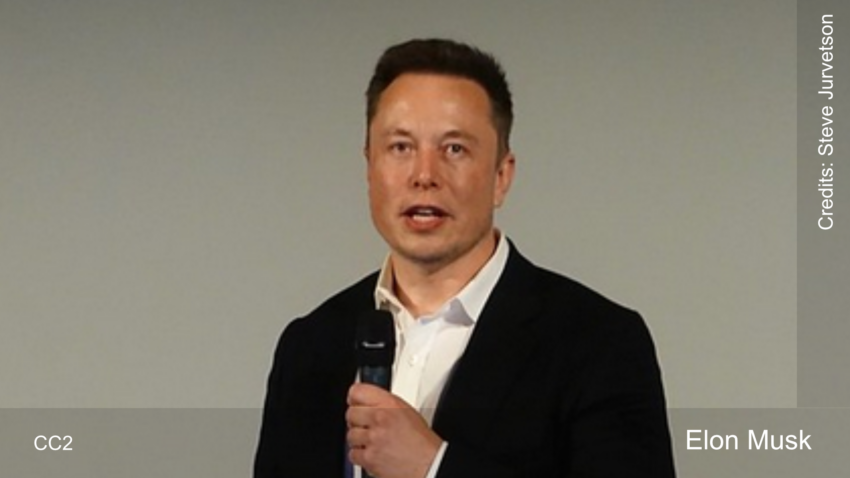Elon Musk, a key figure in today’s tech landscape, has made waves by stepping into the U.S. presidential election. His support for conservative candidates, particularly through substantial financial contributions and efforts to encourage voter registration, has sparked both admiration and debate.
- Elon Musk’s $70 million contribution to GOP causes, particularly supporting Trump, is a legal exercise of his right to participate in the political process.
- America PAC’s voter mobilization efforts align with recent FEC rulings, which permit collaboration between Super PACs and campaigns, pushing the boundaries of campaign strategy.
- Trump’s campaign strategy of focusing on energizing his base is a legitimate and effective approach, bolstered by the involvement of high-profile donors like Musk and the Winklevoss twins.
- The role of Super PACs and wealthy donors is vital for political participation, ensuring that all sides have the resources to engage voters effectively.
While some question the legality of these actions, others view them as a bold use of the existing legal framework. Musk’s contributions, notably the reported $70 million to Republican causes, demonstrate a strong commitment to political involvement, much like other prominent figures who have historically backed candidates.
America PAC, a Super PAC closely aligned with Donald Trump, has taken full advantage of legal opportunities to strengthen the GOP’s campaign efforts. With a significant focus on canvassing and voter turnout, this PAC is acting well within its legal rights. Recent Federal Election Commission (FEC) rulings have clarified that collaboration on voter mobilization between Super PACs and campaigns is permitted, even if it challenges traditional norms.
Contrary to accusations of misconduct, Trump’s strategy is highly targeted and designed to rally his core base of support, a legitimate and effective campaign method. By energizing voters who already support him, Trump is capitalizing on a focused approach, which could ultimately prove more successful than chasing moderate voters.
Musk’s involvement is not an anomaly; other high-profile figures, like the Winklevoss twins, have also thrown their weight behind GOP initiatives. Their collective efforts only bolster the Republican Party’s reach, not just in the presidential race but also in critical congressional contests. This coordination showcases the importance of financial backing in modern politics, something that both major parties engage in extensively.
Rather than focusing on claims of undermining democracy, observers should acknowledge the role of Super PACs and wealthy donors in empowering voter engagement and political participation. The debate over campaign finance laws should focus on maintaining transparency and fairness, rather than restricting political expression.

